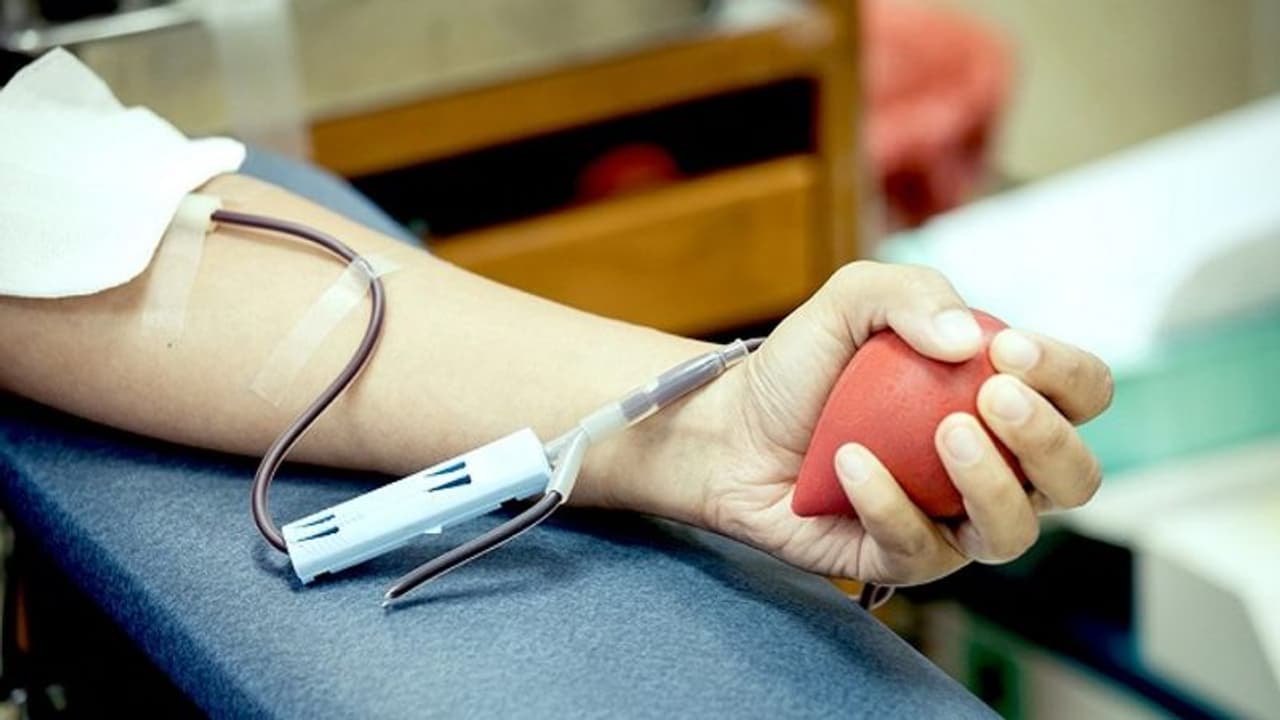Here are five benefits of donating blood, from saving lives to enhancing your well-being. We spoke to By Dr Sangeetha Gayam, Head of the Department of Transfusion Medicine, Citizens Specialty Hospital, Hyderabad, who highlighted some positive impacts on people and communities alike.
Donating blood is a noble act that helps save lives and offers many benefits for both the donor and the recipient. While donating blood is often associated with selflessness and compassion, it is important to recognize the numerous health advantages it brings to the donor. Here are five key benefits of donating blood, highlighting its positive impact on individuals and communities.

Saving Lives
The most obvious and significant benefit of donating blood is the opportunity to save lives. Blood transfusions are crucial for patients undergoing surgeries, recovering from accidents, battling cancer, or dealing with blood disorders. By donating blood, you become a lifeline for those in need, providing them with the vital resources necessary to combat life-threatening conditions. Each donation has the potential to make a tangible difference and offer hope to individuals and their families during challenging times.

Improved Cardiovascular Health
Donating blood can have notable benefits for the donor's cardiovascular health. Regular blood donation helps reduce blood viscosity, preventing excessive iron accumulation in the body. By maintaining optimal iron levels, donors can reduce their chances of developing conditions such as heart attacks, strokes, and other cardiovascular ailments. Donating blood also promotes the production of fresh, healthy red blood cells, stimulating the regeneration of the circulatory system.
Also Read: Depression to Weight Gain: Side effects of contraceptive pill
Cancer Risk Reduction
Studies have shown a potential correlation between blood donation and a reduced risk of certain types of cancers. By donating blood regularly, individuals can decrease their iron stores, as excess iron has been associated with an increased risk of cancer development. Lower iron levels can help mitigate the oxidative stress caused by iron deposits and subsequently reduce the risk of cancer. Although more research is needed to establish conclusive evidence, preliminary findings suggest a positive association between blood donation and cancer risk reduction.
Health Check-up and Medical Evaluation
Donating blood provides an opportunity for a free health check-up and medical evaluation. Before donation, donors undergo a thorough screening process that includes testing for blood pressure, haemoglobin levels, body temperature, and infectious diseases. These assessments serve as a preventive measure, helping identify potential health concerns that donors may not have been aware of. Discovering these issues early on enables timely intervention and can be instrumental in maintaining good health and preventing future complications.
Also Read: Kiwi to Fatty fish-7 best foods for High Blood Pressure

Psychological and Emotional Well-being
Beyond the physical benefits, donating blood can also improve psychological and emotional well-being. Engaging in altruism and kindness has been associated with increased happiness, a sense of purpose, and reduced stress levels. The knowledge that your donation has the potential to save lives and make a positive impact on others can be immensely gratifying. Furthermore, many blood donation centres provide a supportive and nurturing environment, creating a positive experience for donors and fostering community and unity.
Donating blood is a powerful act of compassion that saves lives and provides several health benefits to the donor. From the satisfaction of knowing that you are making a difference to the potential improvement in cardiovascular health, reduced cancer risks, and the opportunity for a comprehensive health check-up, donating blood offers numerous advantages. So, consider donating blood today and experience the joy of giving while enhancing your well-being.
